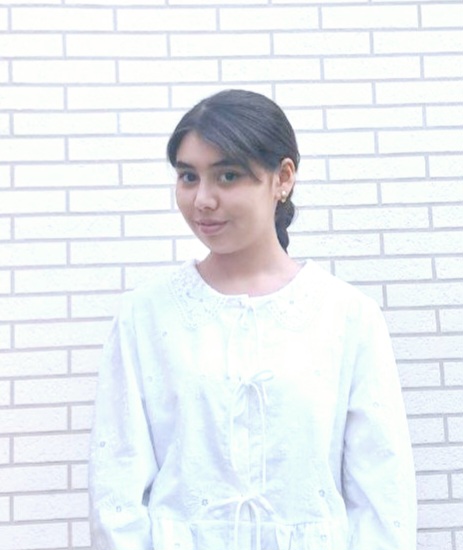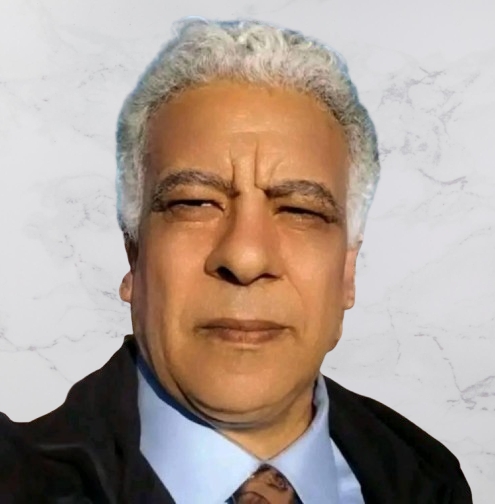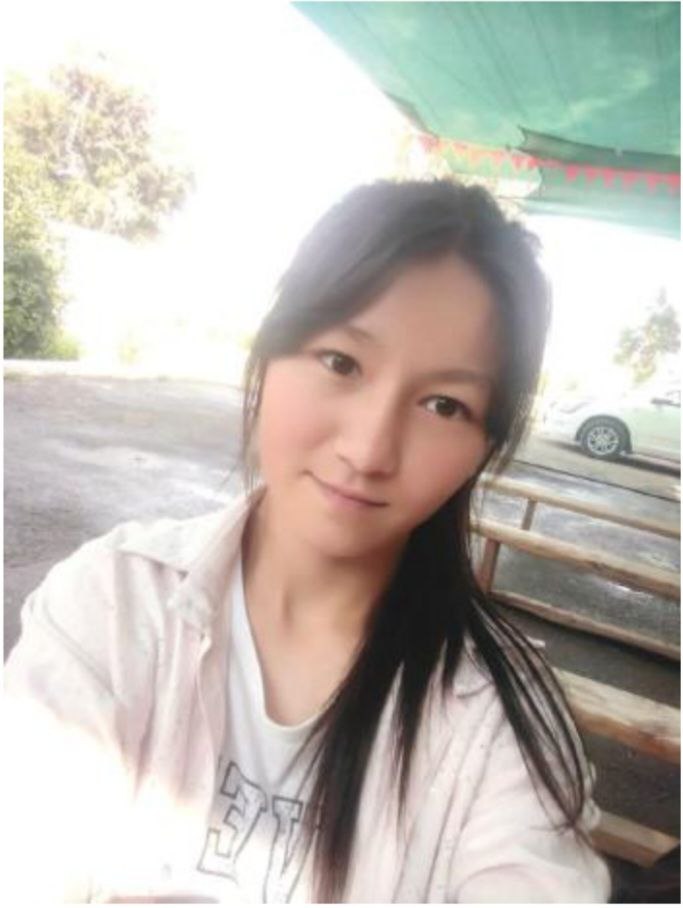
THE POSSIBLE PHYSICAL AND PSYCHOLOGICAL HEALTH PROBLEMS IN CHILDREN ASSOCIATED WITH EXCESSIVE INTERNET USAGE: EXPLORING COMPUTER VISION SYNDROME AND DEPRESSION.
Elbekova Nilufar Nodirbek kizi
20-school Namangan region, Uzbekistan
Annotation: Internet usage (IU) is becoming problematic among children, which is raising the possible health problems associated with IU. This article aimed to assess how children are becoming addicted to the virtual world and explore possible physical and psychological problems associated with IU. According to the latest available data, children spend an average of 2 hours and 30 minutes on social media every day, raising the possibility of having serious digital health problems among children, which can be either psychological or physical. Several studies globally, and numerous anecdotal media reports, suggest possible links between overuse of the Internet by adolescents and young adults and negative health consequences such as depression, attention deficit hyperactivity disorder, excessive daytime sleepiness, problematic alcohol use, or injury [1]. About 90 percent of children and adolescents aged 5-17 (47 million persons) use computers, and about 59 percent (31 million people) use the internet [2].
Key words: Internet usage (IU), Virtual world , Internet addiction, Computer vision syndrome (CVS) , Digital health, Depression, Support vector machine (SVM), Children, Physical health problem, Psychological health problem, Major depressive disorder (MDD), Bipolar disorder, Dysthymia.
Abstract: The use of internet among children has been increasing dramatically. Sadly, one of the biggest factors that children becoming addicted to internet is many parents` dependence on virtual world. The enough attention is not giving to children while they are being busy with internet-related activities and on top of that, even some parents are allowing them to engage with useless and harmful activities, subconsciously. About 60 percent of parents globally let their children use the Internet without any limits and do whatever they want on social media, and they do not even pay much attention to how much time their children spend in the digital world. The Internet has been having a big impact on academic performance in the last decade, making computers and electronic devices an indispensable source of education in many classrooms. Although nearly all schools have Internet access, many children and adolescents are more likely to access the Internet from their homes. Of those children and adolescents who use the Internet 78 percent access it at home compared to 68 percent who access it at school. Many of those who rely more an access at school come from lower income families (less than $35,000 per year) or have parents who have not earned at least a high school credential [2]. According to Of com, 9 out of 10 UK children aged 5 to 15 went online with an electronic device.98 per cent of 5-7-year-olds watch TV programs or films on any device for an average of over 11 hours per week. And younger kids aged 3-4 are watching for even longer with 12 hours and 42 minutes per week with 24 per cent even having their tablet [3]. Excessive use of internet gaming apps during childhood may be associated with hyperactivity, peer problems, high socioeconomic level, alexithymia concerns, shorter daytime sleep duration, and a delayed morning wake-up [4].We divide digital health problems arising from overuse of Internet into two categories : physical and psychological problems.
PHYSICAL HEALTH PROBLEM: Computer vision syndrome (CVS)
1.1 General information about CVS: One of the biggest and problematic physical health issue associated with children is computer vision syndrome (CVS). Studies have shown that eye-related symptoms are the most frequently occurring health problems among VDT users. Computer Vision Syndrome, also known as Digital Eye Strain, is a group of eye and vision-related problems that result from prolonged use of digital devices.These devices include computers, tablets, smartphones, and even e-readers. CVS is characterized by a range of symptoms that primarily affect the eyes and may manifest in various ways, such as eye discomfort, blurred vision, and headaches [5]. CVS is one of the most common and conspicuous physical health problem associated with overuse of smartphones and UV devices. A study conducted by the American Optometric Association (AOA) reported that nearly 25% of children between the ages of 6 and 18 have experienced symptoms of CVS [5].
1.2 Causes of CVS: Several causes are found but the first and primary one is prolonged screen time which is followed by long time screening. Children often spend hours on social media, entertainment apps and games. Even if they are doing assignment, this does not mean they will be bypassed. Second biggest factor is poor seating posture while working with computer, forcing child to come closer to the screen and absorbing high UV lights. That is the reason why office workers make sure that they are taking short breaks while working long hours—not only to ensure their safety and health, but also because taking quick breaks means standing up and doing some physical activity to avoid long-time sitting pain. Another interesting but simple cause of CVS is reduced blinking or in another terms -starring at screen for a long time without blinking. Eyes cannot become wet if blinking is not normal, which creates an ideal environment for UV light to more deeply penetrate the eye [5]. The last one is Blue light emitted by digital screens is known to be a significant factor in CVS. Exposure to excessive blue light, especially before bedtime, can disrupt the sleep-wake cycle and cause digital eye strain. Many devices now offer blue light filters to mitigate this issue [5]. These are the main causes of CVS, and according to many surveys it is found that many people who have suffered from it have faced these causes in the first place.
1.3 Symptoms of CVS: As CVS has several causes, the symptoms are not less. Frequent eyestrain or eye discomfort. This is manifested in the way the eyes itch, redden or often blink , often disturbs child to focus on tasks. Headaches are the most painful part of CVS. The strain on the eye muscles and the continuous effort required to focus on screens can trigger headaches, which can be quite debilitating [5]. These are quiet common among children. Researchers always involve blurred vision as a symptom CVS. Difficulty in focusing on near or distant objects is a sign of a blurred vision. It has many negative effects on childrens academic performance as they might face to some difficulties while reading from a distance or writing thanks to blurred vision. Dry eyes-as mentioned earlier, reduced blinking while using digital devices can lead to dry eyes. Dry eyes can cause discomfort, redness, and even pain. In severe cases, it may lead to long-term eye problems [5]. Symptoms are not so painful, but it is difficult for children to solve such health problems, even if they are always small. Parents should not allow these symptoms to be experienced by young children. They must teach children about the consequences of excessive IU and show some experiences for children to reflect on such physical problems.
1.4 Methods and materials: Many studies are conducted by researchers and results are approved by doctors of ophthalmology departments. Cases can be studied in various ways: assessment of the patients history, by testing patients with measurement of visual acuity, by refraction tests (it determines the necessary lens power to correct refractive errors such as nearsightedness, farsightedness, or astigmatism), by eye focus and coordination tests and questioning patients.
1.5 Results: According to recent studies female (all ages)are the most likely to have CVS than male. Age group also plays a role and children aged 8-11 develop this syndrome faster than adults with headaches has seen as the most common and frequent symptoms of CVS among all studies.Continents Percentage of children-adults
Asia (India) 50%
Africa ( Nigeria) 50-65%
North America (US) 65%
South America (Brazil) 33%
Antarctica No permanent residents
Europe (UK) 55%
Australia 58%
It is clear that 65% (around 48 million) children in US experienced with the symptoms of CVS which shows that the highest percentage among other 5 countries. Except from South America (Brazil) with the lowest percentage, other continent`s given countries showed around 50-60% of children with CVS. Because of Antarctica has no permanent residents, there is no any research has held.
Adults Children
Male Female Boys Girls
61,8% 71,4% 48-52% 50-55%
In all categories women (especially office workers) are more likely to have symptoms of computer vision syndrome, which is because they have hormonal influences to computer more than man and they are more sensitive to UV lights.
Elbekova Nilufar, daughter of Nodirbek, was born on the 7th of March in 2010 in the Namangan region, Namangan district. Study in 10th grade at 20-local school located in the Namangan district. Nilufar is interested in reading books and 3D designing as well as curious about learning new languages. Her articles have been published in various local journals. Her main aim is to become the leader of her chosen field and share her knowledge with youth.



